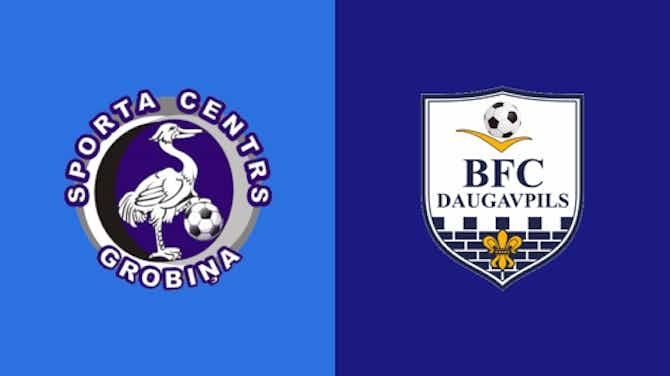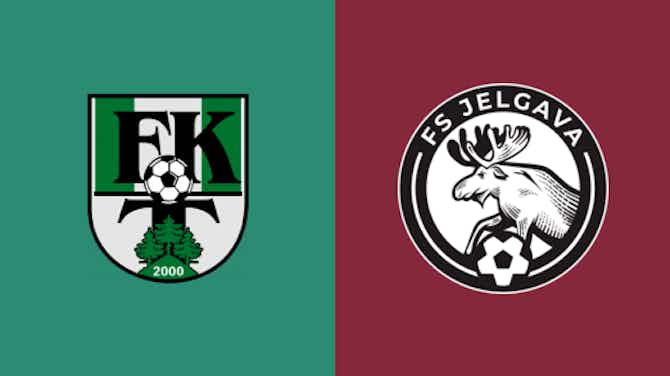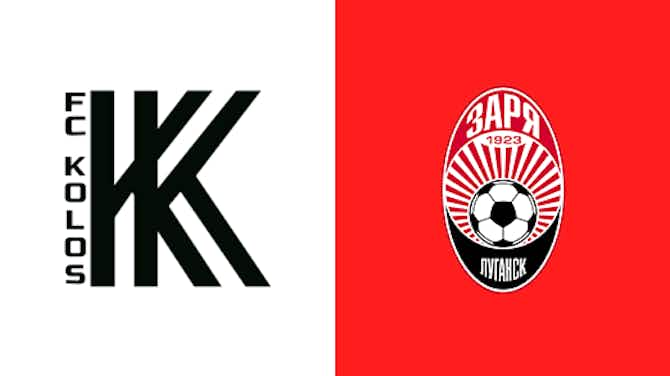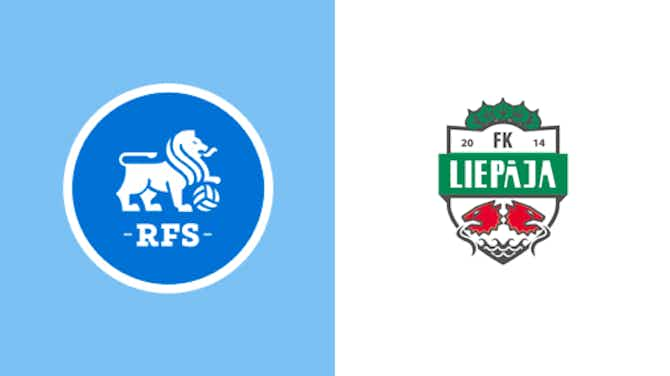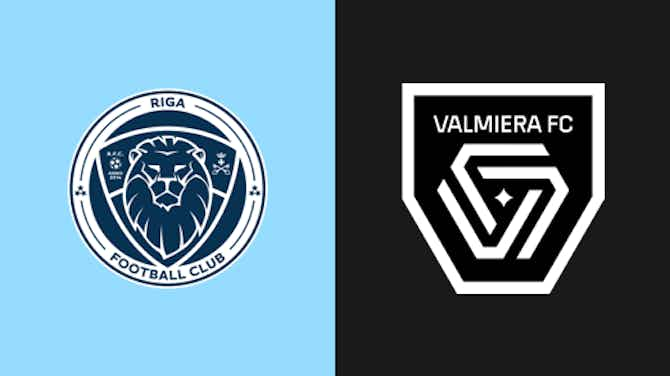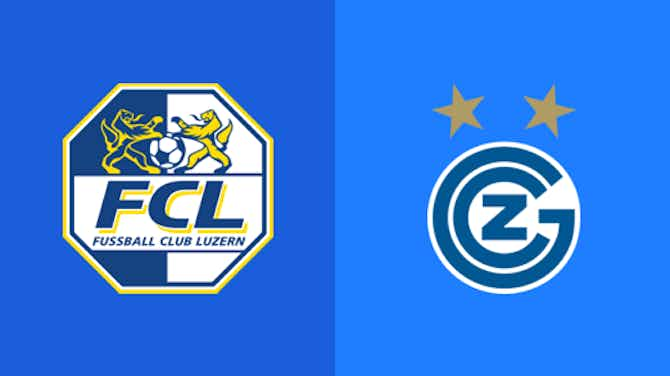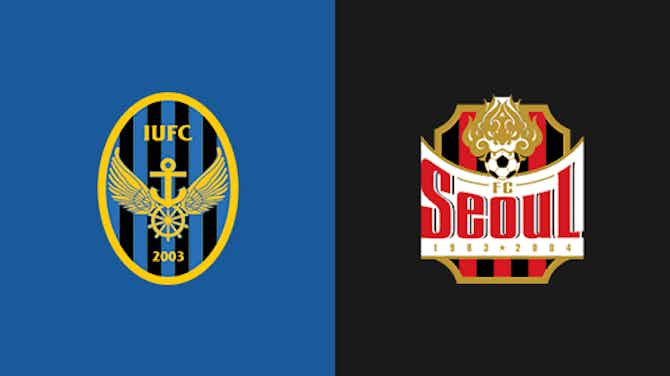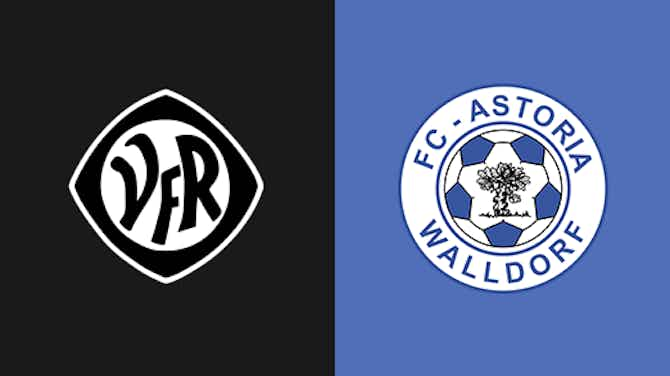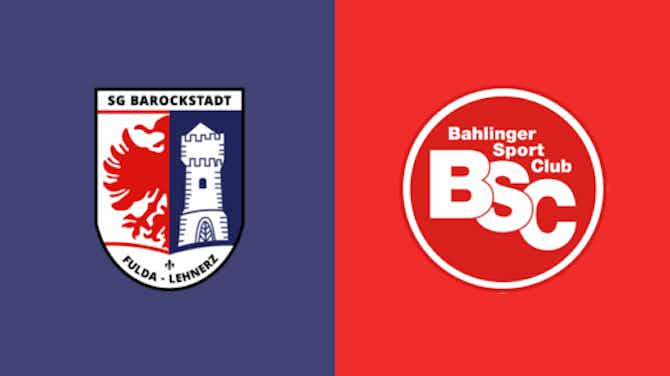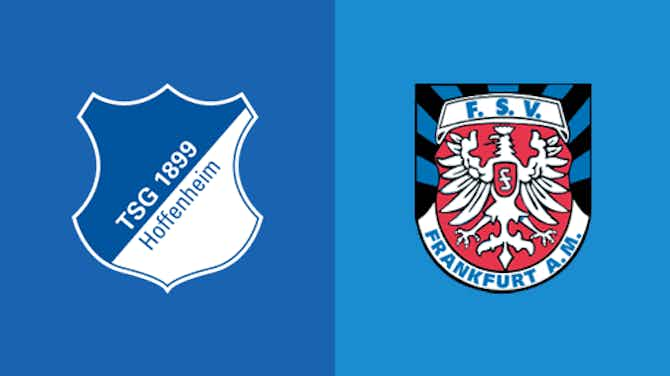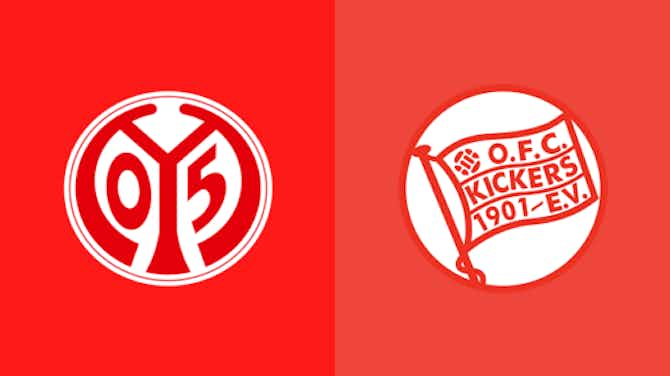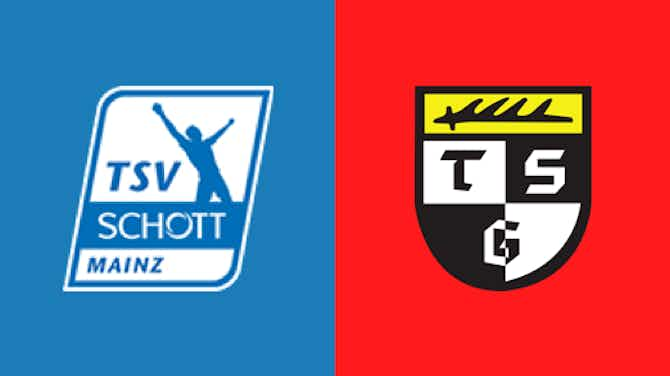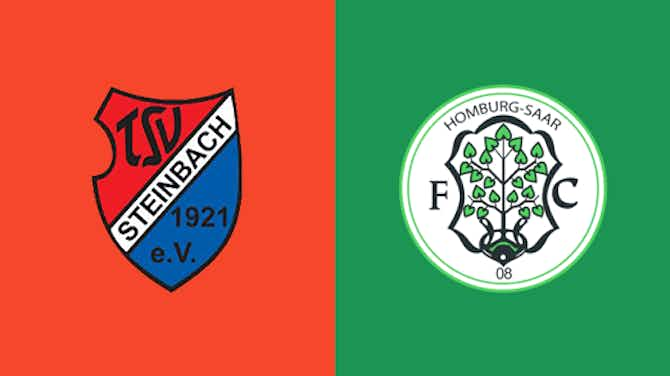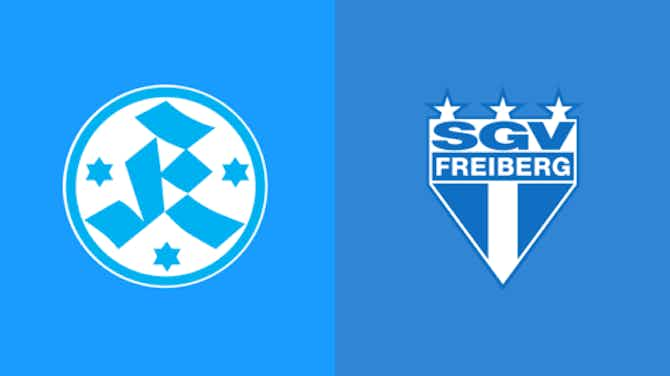Stretty News
·26 April 2024
Time to show patience and faith in Erik ten Hag – opinion
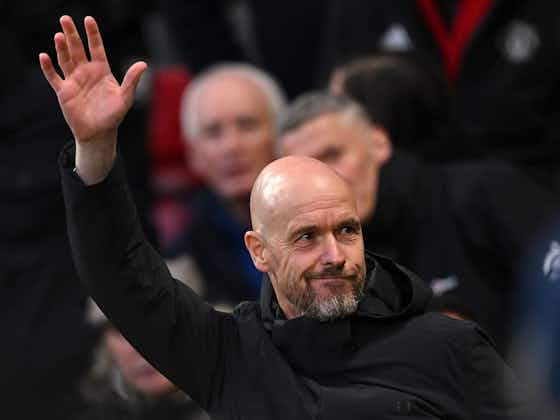
Stretty News
·26 April 2024

As regular as clockwork, the every-two-year cycle of wanting to change managers at Manchester United hit a crescendo this week. The chaotic manner in which Manchester United secured a ‘victory’ against Coventry City has intensified calls for another coach to be brought into Old Trafford hot seat.
Basing it on the surface-level discourse that many on social media seem to eat up, it’s hard to argue.
The current United team are objectively not very good at football. They look like a team that can’t execute the basic principles of what you’d expect a professional outfit to manage week after week. And most jarring of all, they are utterly embarrassing to watch. On that basis, it’s understandable that many are calling for the manager to be sacked.
Or is it? Is dispensing with a manager the only way of changing the fortunes of a club or is it merely a failure of one’s imagination?
The prevailing view is that changing managers does yield short-term improvements in a team’s performance, stemming mainly from the motivational boost of players keen to impress their new boss. It would explain why most of United’s recent managers have had good first seasons compared to their immediate predecessors last season. But the positive impact has never been sustained in the longer term because the root causes of the club’s failure have not been addressed. In the case of Manchester United, these issues are well-documented and multifaceted. The organisational structure above the manager has been chaotic, although efforts are underway to address these issues under new part-ownership. Player motivation, culture & discipline are long-running problems. The squad comprises players from various unsuccessful and conflicting football projects, etcetera and so on. These aren’t problems that get resolved by sacking another manager. Yet the temptation to wipe the slate clean and reset is here once again. The question is why and who is it coming from?
Even within broader football circles, the Manchester United fanbase is often seen as fickle and entitled. The biggest challenge amongst large swathes of our support is the failure to decouple Manchester United ‘The Myth’ from Manchester United ‘The Reality’. For so many this results in the inability to contextualise the performance of managers against the dysfunction at the club. Jose Mourinho was famously quoted as saying his second place finish in 2019 was his biggest achievement in football. Ralf Rangnick claimed during is interim spell that Manchester United’s squad required “open-heart surgery”. Both were mocked and quickly rushed out the building at the earliest opportunity. This roll-of-the-dice approach has clearly not worked yet still, two years seems to be the limit of our fans collective patience.
In comparison other larger clubs in the Premier League appear to have shown remarkable restraint. Klopp’s early record at Liverpool was hardly worth shouting about. Season one, (8th), Season two (4th), Season three (4th). Very little noise was made during his first two seasons, if any. Arteta was cut an incredible amount of slack by Arsenal early in his tenure despite an unflattering start – Season one (8th) & FA Cup Season, Season two (8th), Season three (5th). Ten Hag, by comparison, finished his first season (3rd) and won the Carabao Cup. Season two will likely end with a 5th-to-7th placed finish and potentially another trophy. Even without a second trophy in two years the record is comparable with Klopp and Arteta. Footballing projects requiring major surgery to playing staff and ways of operating require time. The point has arrived for the conversation to shift from ‘our manager is the problem’ to ‘there is something fundamentally wrong that is setting our manager up to fail’. What is it that removing Ten Hag will change in the short term? A new manager isn’t going to be able to de-age Casemiro. A new manager isn’t going to be able to increase Marcus Rashford’s football IQ. A new manager won’t be able to stop players from getting injured every other game. These are the questions fans should be asking.
The media of course doesn’t help. Journalists have been circling around Ten Hag for weeks, often resorting to belittling and patronising the Dutchman. You only need to compare media narratives around the United manager and Mauricio Pochettino to recognise the relative difference in the way Manchester United are scrutinised compared to other clubs. Both have had troubled seasons and are struggling to make sense of squads that have been pieced together on their behalf. While Ten Hag is facing criticism from almost all of Fleet Street, Pochettino is receiving plenty of sympathy. Social media too would lead you to believe that Ten Hag has transitioned from a hot coaching prospect to a complete dunce in just 18 months.
One could share dozens of tweets from United journalists and some of the bigger social media accounts pleading patience on behalf of Ten Hagn when he joined. Surely now is the time to stick to those convictions rather than doubling down on the criticism.
By no means does the above completely absolve Ten Hag of blame. The football we’re seeing right now is beyond chaotic. One would surmise, much like Ole & Jose did before him, that Ten Hag has decided (for the short term) that he cannot play the way he wants with the players at his disposal. Grand plans with regards to style of play have been shelved to try and eek out results, thus a reversion back to a tried-and-trusted low block counter attacking style – the only brand of football United have been able to implement with any sort of success over the last 5-7 years. Tactically, it appears simple: go back to the basics of what this team can manage and remove elements that they can’t.
Squad Weakness: Lack of midfield. Mitigation: Bypass the midfield entirely. Avoid attempting to build up; focus on transitionsSquad Strength: Good at nicking the ball off opposition defenders. Ten Hag Tactic: Front load the press. Further negate the need to build up/progress ball front to back if retrieved higher up the pitch.
Squad Strength: Good at defending the box. Ten Hag Tactic: Maintain a deep back line and not worry about number of shots conceded.
It’s high risk, ugly on the eye with several ‘design flaws’. But it is a plan that accentuates the strengths of the players available, and has kept United (just) within touching distance of champions league football and helped reach another FA Cup Final. It clearly isn’t sustainable and its laughable to suggest that ETH has settled on this as a blueprint for the long term.
Regardless of the manager and desired style of play, this team will not truly evolve tactically until the club allocates sufficient time, money, and patience for change to be implemented. Prematurely ending another managerial project would hinder the evolution of the playing style and the squad. A squad which, objectively, and even without injuries, remains totally imbalanced. It’s inherently true that a manager’s performance depends on the quality of players available. A lack of physicality, robustness, and composed technical footballers has been Ten Hag’s downfall this year—a failure of recruitment over the last decade. Limitations in the level of football intelligence and on-pitch leadership have also been ruthlessly exposed. Many in-game decisions made by players, especially in recent months, have been questionable/ bordering on brain-dead. Barking orders from the sideline notwithstanding, managers have a very few levers to pull to effect the performance of players once they step onto the pitch. It’s impossible to legislate for players bombing forward with five minutes of normal time remaining and a single goal lead to protect – Dalot against Chelsea a few weeks ago being a case in point. A dearth of strength in character is also plain to see. Especially noticeable when goals are conceded. Not a word is spoken. Players quietly walk back to the half way line with their heads down. Nobody is actively organising, directing, cajoling, or rollicking players for not tracking back.
Throw in the list of injured & unavailable first-team players and you could argue that it’s a minor miracle for United to even be in with a sniff of a trophy this season. It’s not just the quantitative but qualitative impact of these absences that’s hit hard. Manchester City are able to absorb the loss of injuries as they have the depth in quality to replace key players that United don’t. Our best performers from last season have either been out for most of the season, (Martinez & Shaw), or have fallen off a cliff in terms of their form, (Rashford & Casemiro). Martinez especially has been a huge loss. His presence on the pitch provides noticeable calmness that is absent when he’s not there. Considering Ten Hag’s success in the first season with a mostly fit squad, surely that should serve as the baseline for evaluating him.
Despite the many flaws mentioned above, the foundations of a good team are beginning to take shape. Martinez, Mainoo, Garnacho and Rasmus Hojlund are the cornerstones to build a successful group around. Ten Hag has shown admirable support for Manchester United’s academy with eight youth players being given their head in the first team squad this season – the second best record in the Premier League behind Liverpool. There is every chance that Ten Hag can create a vibrant young side at Old Trafford much like he did at Ajax. Of course this would require support from on high, and must start with a ruthless clear-out of ageing and/or ineffectual members of the squad. Martial, Sancho, and Van De Beek simply have to go. Varane, Casemiro, and Eriksen are physically spent and need to be moved on to pastures new. Peripheral players such as Lindelof, Pellistri, and Hannibal must be moved on to free up room in the squad. And disposing of saleable assets such as McTominay, Maguire and Rashford would provide a much needed boost to the coffers, especially if (as expected) Champions League qualification is not attained.
Ultimately the decision on Ten Hag’s future sits with new part-owner Sir Jim Ratcliffe, who by all accounts appears to be a sensible thinker, unlikely to be swayed one way or another by a baying mob. The rinse-and-repeat cycle of changing managers has to end and sufficient trust and backing must be provided by the hierarchy to see through a footballing project. Ten Hag is as well placed/ qualified as any (available) manager to be able to see it through. And for those who are still in the ‘Ten Hag Out’ camp, a note of caution. For those still advocating for Ten Hag’s removal, consider this: In 1990, Sir Alex Ferguson was in his fourth season at Manchester United, and the team finished 13th. Despite the challenges, they won the FA Cup after a hard-fought semi-final against Oldham, who were then in Division Two. Patience and trust can yield long-term rewards.
